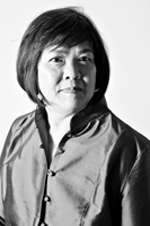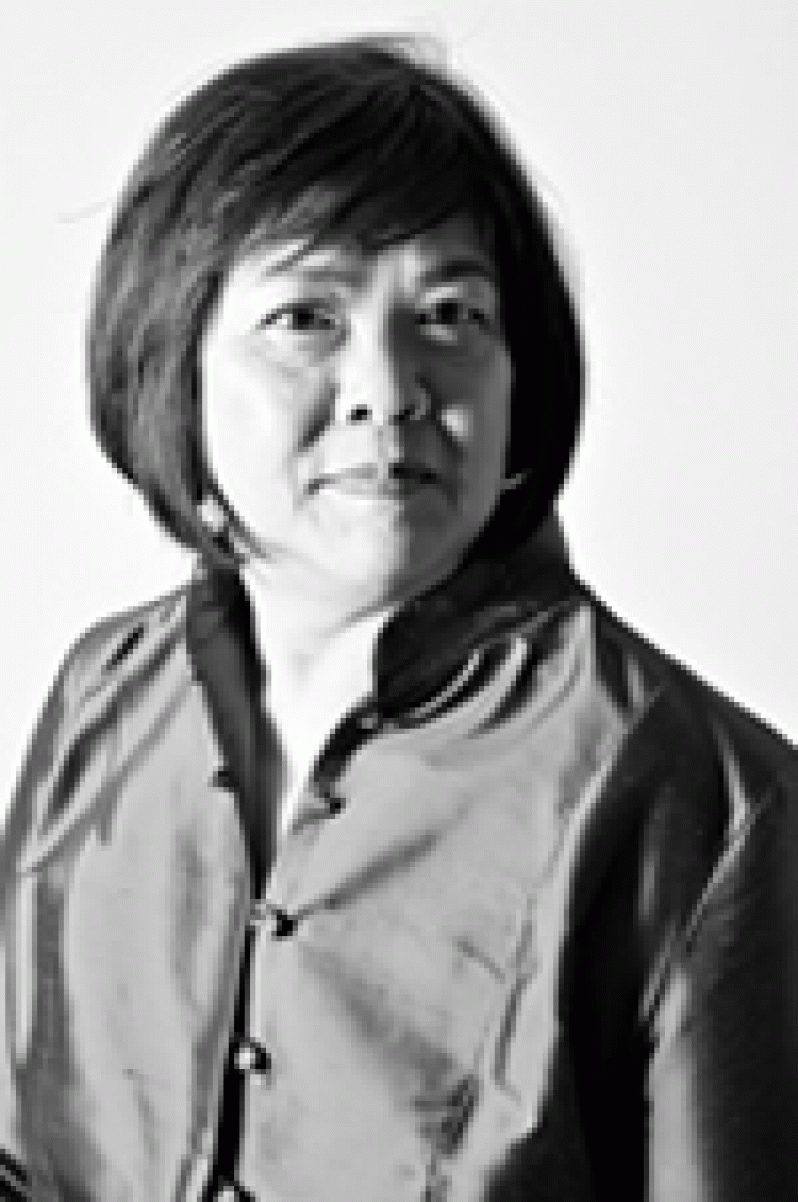(The following is a continuation of an interview with Janice Lowe Shinebourne, that was done in Georgetown, Guyana in February 2013. Shinebourne has won The Guyana Prize for Literature in the category ‘best first book of fiction’. Recently, she was in Guyana conducting workshop sessions on fiction under the auspices of The Guyana Prize.)
PP …So your writing started in Guyana.
Now let’s move to the UK. What was the literary scene like there?
JLS: I moved there in 1970. I got married and moved to a place not far from the New Beacon Bookshop and Publishers, and I met John La Rose and Sarah White. John knew about ‘Expression’ because, when he came here [Guyana] in 1972 for Carifesta, he met us and he said to us, John Agard and myself, ‘If you ever in London, come and see me’, which I did. And I found there a very thriving literary culture, and I would meet the writers coming while I (was) browsing. Here I got hold of the Trinidad and Tobago Review in which Ken Ramchand wrote, and I started to send extracts of my manuscript, ‘Timepiece’, to the Review. And Jeremy Poynting, who was to start the Peepal Tree Press, saw these extracts and made up his mind that he was going to publish this novel unseen.
PP: What a break for you!
JLS: And John started the Black Book Fair, don’t know if you have heard of it…
PP: Yes, and more recently I got hold of a book, ‘Caribbean Publishing in Britain’, by Asher and Martin Hoyles, who were here last year.
JLS: Well, every year, John would have this enormous book fair, and writers from all over the world would come in, writers from right here in the UK and the Caribbean, and that’s where I met various and diverse writers.
PP: Your first novel, ‘Timepiece’, and subsequent major works were done after you had migrated. This means that you were writing from a distance. Was it easy for you, having moved away, to deal with some of the issues of discrimination and exploitation?
JLS: Yes, John was a quite political person; I mean, there was a strong political consciousness around him. So this book fair – his involvement with books — had a strong political edge. He was a political activist in London. Black youths were being discriminated against even on the streets, harassed by the police, so he started the Black Parents Movement. So to be involved with John and his literary culture was to be politically conscious too. Eventually I became a political and cultural activist because of the influence of the Black Book Fair and John La Rose. So, in a way, my political consciousness was raised in that context.
PP: So you were able to see Guyana in a different context, and you were able to write about those issues?
JLS: C. L. R. James was there. At the time he was alive, and I used to meet him. John was always holding book launches, readings etc, and I would come across noted writers in an almost casual manner, and this gave me a sense of a rich literary culture with a political edge to it. So, to answer your question: yes.
PP: That rich, nurturing literary culture is still missing in Guyana, not for want of trying. We are trying, but that established, institutionalised literary culture is still in the making. That literary culture was present in the time of Norman Cameron, A. J. Seymour and others….
JLS: When ‘Expression’ started, it was the birth of nationalism. There was pressure on us to write about the local scene and to use creolese, which I think ‘Expression’ did not responded to in a big way. But I began to write about the place I grew up in Rose Hall, Canje. The first thing I wrote was called ‘water and trees’, which was about New Forest near where I used to live. So I began to paint in the local scene in my writing because of the influence of nationalism.
PP: It seems like we’re stuck in a timeframe here, harping back to your first novel, which is about time; your second novel, ‘The Last English Plantation’, which is set within a two-week timeframe…
JLS: Yes, that was set in the 1950s.
PP: What is your writing driven by?
JLS: Theme, place, location – Berbice, the sugar plantation.
PP: Location, history….
JLS Yes, and time, time plays an important part in my writing.
PP: What about your characters?
JLS: They were drawn from people I knew on the plantation and from my family…
PP: Thinly disguised?
JLS: Yes, of course.
PP: During such a discourse, I like to draw the nexus between writing and reading. What were your reading habits or inclinations then and now?
JLS: Well, at school, at the age of fifteen, I began to read novels for exams for the GCE ‘O’ Levels. I was introduced to Dickens’s ‘Great Expectations’, ‘Jane Eyre’, ‘Northanger Abbey’ – the standard text books for English. And I loved those books. The whole idea of writing a novel was so thrilling.
PP: Sort of an inspiration to you?
JLS: Completely! The whole idea of telling a story across a wide historical timeframe, and creating setting and character in specific place was thrilling to me. And I decided this is what I am going to do!
PP: And, so far, you have done it in fine style – four novels and a collection of short fiction. Congratulations!
(To respond to this author, either call him on telephone (592) 226-0065 or email: oraltradition2002@yahoo.com)
What’s happening:
* World Book & Copyright Day 2013 will be celebrated on Tuesday, April 23, by the National Library with a book exhibition (focusing on Guyanese book) and a lecture.



.jpg)










